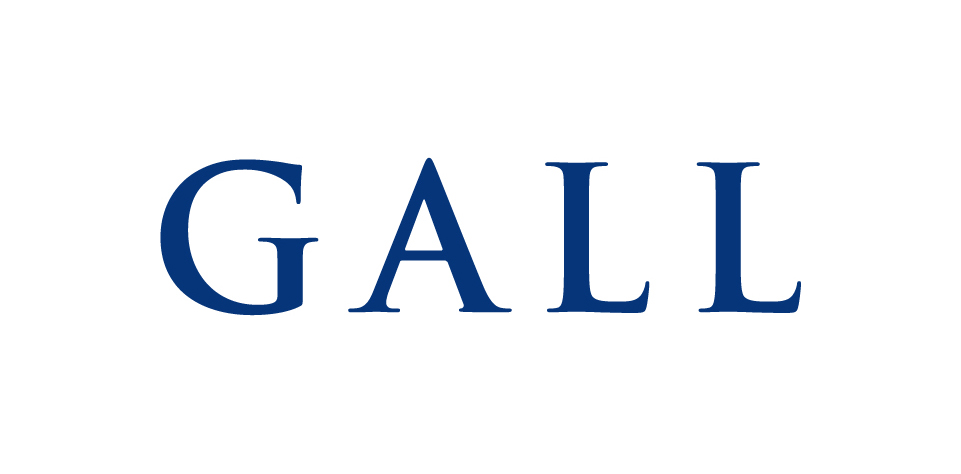There has been a dramatic increase in wire fraud globally, and Hong Kong is no exception. As a major world financial centre, Hong Kong is – perhaps more than any other – a jurisdiction through which both legitimate and illegitimate funds flow on a daily basis.
In our experience, where funds are fraudulently diverted to Hong Kong, fraudsters are quick to dissipate the funds in smaller tranches into multiple bank accounts. Often the funds land up in second and even third layer accounts held in overseas jurisdictions. Victims must, therefore, be quick to take recovery actions in case of a wire fraud. They must, immediately upon discovering the fraud, contact their bank to recall the remittance, report the matter to their local police (if they are based overseas) as well as to the Hong Kong police, and engage solicitors in Hong Kong to assist with the process of recovery, be it to apply for an injunction and commence civil proceedings against the relevant account holder or to seek disclosure orders to ascertain the whereabouts of the funds.
Although the Hong Kong police carry out their investigation diligently, there are constraints in obtaining information from them in a timely manner. Where substantial sums are involved, it is usually worth obtaining the bank documentation independently, so that the funds can be traced and frozen promptly.
Victims can avail themselves of the following discovery tools to obtain information from third parties regarding the funds and to prevent further dissipation.
Norwich Pharmacal Application
If the victims do not know the identity of the recipient but only the relevant account number, or if the victims want to obtain more information and evidence about the trail of funds before they decide to proceed with civil proceedings, they can apply to the court for a disclosure order against a third-party (such as banks who are are often unwitting participants in the wrongdoer’s scheme) to obtain information regarding the beneficiary account.
This type of application is called a Norwich Pharmacal application (derived from the landmark English case of Norwich Pharmacal Co v Commissioners of Customs and Excise). An application for a Norwich Pharmacal order is made against a third party which has been innocently mixed up in wrongdoing for the disclosure of documents or information, and it can be made without commencing proceedings against the account holder. Pursuant to this application, banks can be directed to disclose bank records, such as bank account opening forms, which can help identify the recipient, bank statements, remittance advices, and so on. Victims can also seek a gagging order against the banks at the outset so that the banks cannot notify anyone including the account holders (to whom the banks owe duties) about the intended proceedings. The court has jurisdiction to grant gagging orders under section 21L of the High Court Ordinance (Cap. 4) where there are grounds to believe that, once a wrongdoer is aware of the potential claims, steps might be taken by him to frustrate any claim that might be made against him.
The gagging order can be applied for and obtained on the same day when the Norwich application is filed. The Norwich application will be heard in around 2 to 4 weeks thereafter upon service of documents on the banks, and depending on the Court’s diary. It generally takes the banks around 1 to 4 weeks to disclose the requested documents upon being served with the order, and the victim is required to indemnify the bank for all its legal costs and expenses in complying with the Court’s order.
If it transpires, however, that the funds have been transferred to other bank account(s), the victim may need to apply for another disclosure order against the banks with which the next layer of recipients maintain the bank accounts in order to ascertain the status of those funds. The whole process can, therefore, be quite expensive, and it is always advisable to carry out a cost-benefit analysis before proceeding.
Norwich Pharmacal applications can also be made against cryptocurrency exchanges operating in Hong Kong in order to obtain information relating to the relevant crypto assets, including their source and destination, the customer information and IP addresses of the wallets, etc.
Application under Section 21 of the Evidence Ordinance (Cap. 8)
Another way of obtaining bank records for the purposes of tracing is to apply to the Court under section 21 of the Evidence Ordinance (Cap. 8). Section 21 gives the Court a discretion to order that a party be at liberty to inspect and take copies of any entries in a banker’s record for the purpose of legal proceedings. ‘Banker’s record’ includes any document or record used in the ordinary course of a bank’s business. This process, therefore, allows the Court to order a bank to disclose information about the account holders and transaction records for the relevant period. This type of an application can only be made in ongoing civil proceedings.
The bank does not normally contest such an application and the victim is required to indemnify the bank for all its legal costs and expenses in complying with the Court’s order. The order is usually granted in terms of the application at the first hearing and then it generally takes around 1 to 4 weeks for the bank to disclose the requested documents upon being served with the order.
Ancillary Disclosure Orders
Victims applying for injunctive relief to freeze the relevant bank account can also apply for ancillary disclosure orders against the defendant and the relevant banks. The standard form of the injunction order includes a term ordering the defendant to disclose its assets, including their value and location.
Fortunately, Hong Kong provides several avenues to facilitate tracing and recovery efforts. Understanding the mechanism by which funds can be traced using the available discovery tools can help forestall the dissipation of funds and can ultimately maximise potential recovery for the victims.







